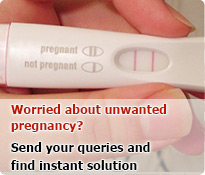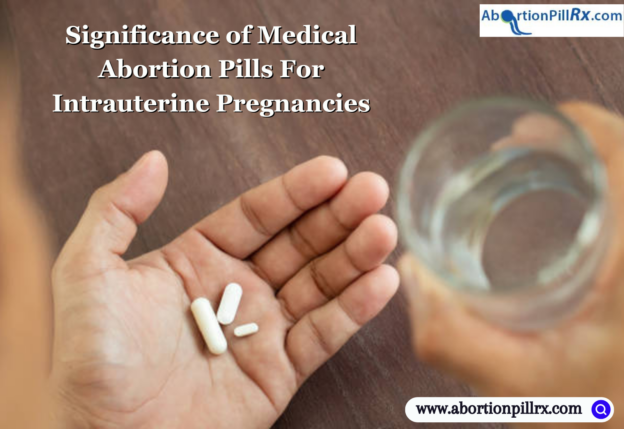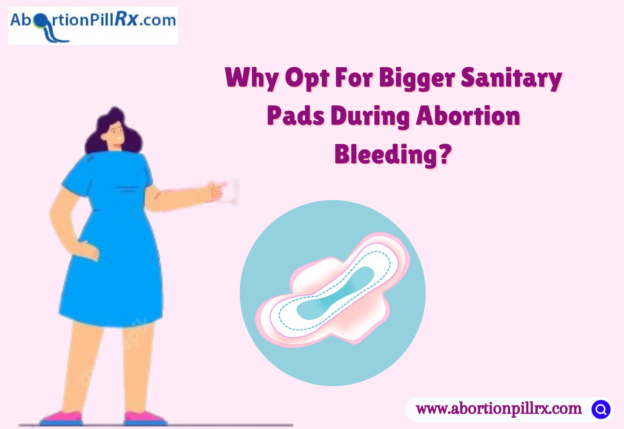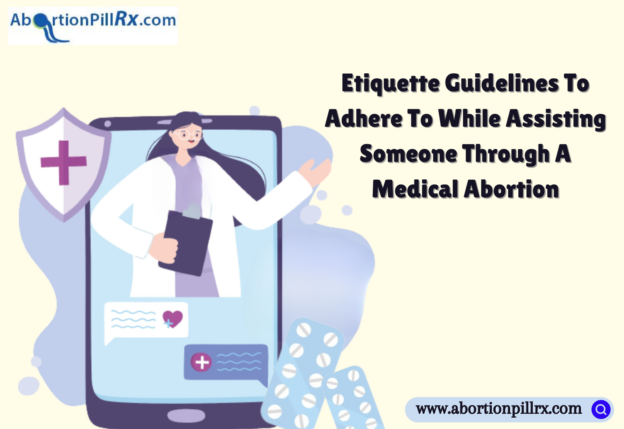The use of abortion tablets to end pregnancies inside the cavity of the uterus is an important part of safe and efficient medical abortion therapy. This strategy assures the medication’s intended effectiveness while minimizing potential dangers related to ectopic pregnancies or other problems that abortion pills may not treat. In this introduction, we will discuss the reason for using abortion pills only for intrauterine pregnancies, as well as the importance of this medical procedure in protecting the welfare and health of women.
What Is Medical Abortion?
A medical abortion, often known as a medication abortion, is a non-surgical way to end a pregnancy. This technique, which uses prescription drugs, can be conducted up to the eighth week of pregnancy. It necessitates the use of two important medicines: mifepristone and misoprostol. Mifepristone works by blocking the production of progesterone, which is required for pregnancy to grow in the uterus. Mifepristone prevents pregnancy development within the cavity of the uterus by blocking progesterone. Misoprostol is then given to produce cramping and begin bleeding, allowing the pregnancy to be expelled from the uterus.
Types Of Pregnancy
1. Intrauterine Pregnancy- An intrauterine pregnancy occurs when a fertilized egg successfully implants and grows within the right region, which is the uterus. It is crucial to remember, however, that not all pregnancies in the beginning proceed in the same way. Only the application of an ultrasound may provide conclusive evidence that insertion happened in the proper spot. This medical imaging treatment gives a visual examination to check that the fertilized egg has developed within the uterus and that the pregnancy is developing normally.
2. Ectopic Pregnancy- The natural development of a normal pregnancy entails the fertilized egg traveling down the fallopian tube and eventually adhering to the inner layer of the uterus. An ectopic pregnancy, on the other hand, happens when the fertilized egg latches outside of the uterus, most usually within the fallopian tube, thus why it is also known as a “tubal pregnancy.” Ectopic pregnancies can also occur in other parts of your abdomen, such as the ovary or anywhere in the abdominal cavity.
What Are Abortion Pills?
The “abortion pill” is a commonly used term for a two-part medication regimen that ends a pregnancy, involving the use of mifepristone and misoprostol. Alternatively, misoprostol can be used on its own for abortion.
Initially, you take a medication called mifepristone. Pregnancy relies on a hormone called progesterone for normal growth, and mifepristone functions by blocking your body’s natural progesterone, halting the pregnancy’s progression.
Following that, you take the second medication, misoprostol, either immediately or within 48 hours. This medication induces cramping and bleeding to evacuate the contents of your uterus. This process resembles having a heavy, cramp-inducing period and closely mirrors the experience of an early miscarriage. If you do not experience any bleeding within 24 hours after taking misoprostol, it is advisable to contact your healthcare provider for guidance.
Abortion Pills For Intrauterine Pregnancy
Abortion pills, which typically contain mifepristone and misoprostol, are commonly used to terminate an intrauterine pregnancy. In an intrauterine pregnancy, the fertilized egg gets inserted and develops within the uterus. These medications can be administered under medical guidance and oversight to induce a medical abortion, enabling a secure and non-surgical end of a pregnancy when administered at the appropriate stage of pregnancy and in line with the doctor’s instructions. It is vital to obtain the guidance and supervision of a healthcare practitioner while considering a medical abortion for an intrauterine pregnancy.
When Can You Take Abortion Pills?
A medication abortion may usually be conducted safely up to the eighth week after the very first day of your last period of menstruation. However, if it has been 56 days or more since the onset of your last period, an in-clinic abortion process is indicated to properly terminate the pregnancy. In such instances, it is important to contact a healthcare expert to decide the most suitable and secure manner of ending the pregnancy while taking the stage of pregnancy and particular facts into account.
ConclusionTo summarize, only taking abortion pills for intrauterine pregnancies is critical for safety and effectiveness. This method assures that the drug is administered to appropriately implanted fetuses, lowering the risks related to other illnesses. It emphasizes the value of precise medical advice and ultrasound validation in providing safe and successful abortion services. For more health-related content, check out abortionpillrx.com.





